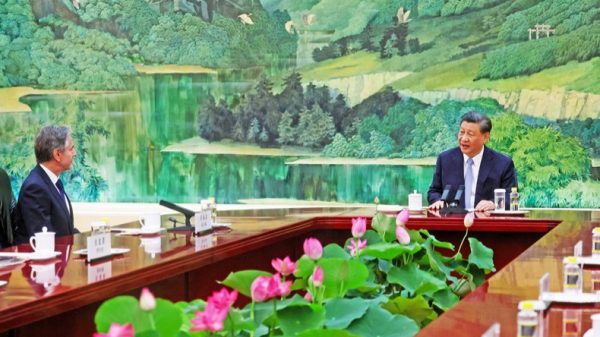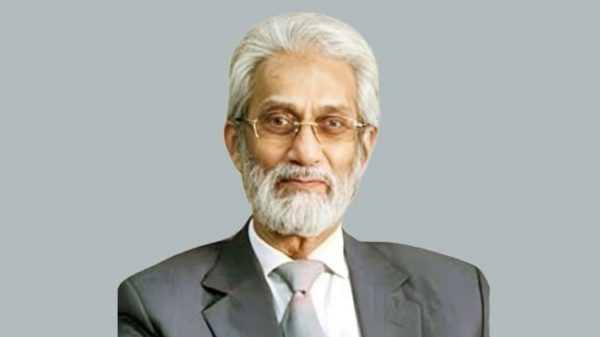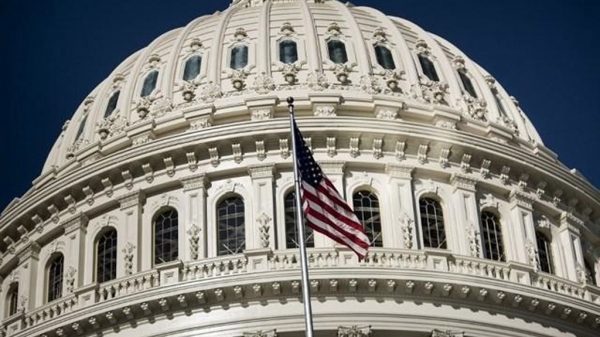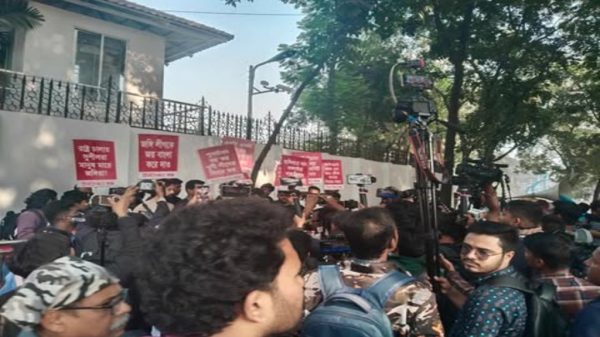The half serious cold war and Taiwan

Afsan Chowdhury:
WOULD Antony Blinken be visiting China if there was considerable interest to reduce the so-called rising ‘hostility’ between the two superpowers? There were not too many secretaries of state visiting Moscow in that deluded era called the Great Cold War. Global media are quite clear that both the sides want the ice to melt and the heat to cool. Simply put, no one wants a war and least of all Taiwan.
It is a matter of so-called national prestige and pride on part of Beijing to take over Taiwan as it is considered part of China itself. Most Taiwanese heartily disagree, but that is another matter. China does not care about what the Taiwanese think of it as it is a superpower.
What really matters is what the United States thinks. Will it risk life, resources and semiconductor chips for people they have no reason to care about? Is there any reason they should care? The reality is simple. China cares about China and Taiwan is part of that. But why should the United States care about Taiwan, a distant land full of noodle-eaters?
It is not part of the United States and the United States gains nothing by defending it. What it cares about is not making China more powerful and suffering because of that. So, if the deal is about the price China has to pay to the US for taking over Taiwan, should we be surprised?
Blinken on Taiwan and China
Secretary of State Antony Blinken on Monday reaffirmed United States’ support of the “One China” policy, reiterating that Washington does not favour Taiwanese independence.
‘We do not support Taiwan independence’, Blinken said following a meeting with Chinese president Xi Jinping. ‘We remain opposed to any unilateral changes to the status quo by either side. And the reason that this is a concern for so many countries, not just the United States, is that were there to be a crisis over Taiwan, the likelihood is that it could produce an economic crisis that could affect quite literally the entire world.’ “Fifty percent of commercial container traffic goes through the Taiwan Strait every day. Seventy percent of semiconductors are manufactured in Taiwan. If as a result of a crisis that was taken offline, it would have dramatic consequences for virtually every country around the world.’ (The United News of Bangladesh, June 6, 2023)
There is no doubt after these words that the US position is entirely economistic and directly led by the concern of the United States about an unbroken supply chain of essential goods. What was masked in the past by ideological rhetoric is now open for all to see. The situation is that so because it is desperate as both try hard to prevent war that will hurt economically but do not necessarily know how.
US: from war to talk
BLINKEN’S remarks are a confirmation of sorts of the reversal of Biden’s words in September 2022 where he promised to defend Taiwan militarily in case of a Chinese invasion. When he was asked what the United States would militarily act if such a situation arose, (CBS 60 Minutes September 18, 2022), Biden said, ‘Yes, if in fact there was an unprecedented attack.’
That has shifted to a different attitude a year later. Antony Blinken has said in Beijing, ‘We both agree on the need to stabilise our relationship.’ War is at least for the moment put on hold.
What has changed is that global economics is shifting rapidly and the increasing co-dependence between the United States and China is becoming too obvious to ignore. As the words of Blinken show, any conflict will affect the US economy. The rest of the world he mentions is an add-on to show that it is not a one-two country problem but everyone’s bag on the back. Given that the United States has never been sensitive to such matters — no one is — one can see that wars have become problems rather than solutions. In Ukraine, Russia has lost several teeth and even if it gives a victory smile someday, the gaping holes in the mouth will be obvious.
Non-war is cheaper
RUSSIA had several wars, including the Afghanistan invasion and the latest Ukraine one. One helped to end socialism and the ongoing one crushed the myth about Russia’s overwhelming military might. In both cases, the world suffered at the hands of Russia’s lack of strategic intellectual capacity.
The United States has done even worse with the Vietnam war and the Iraq invasion, not to mention the Afghan occupation which has ended any notion the world may have had about US supremacy. That a war is a notoriously incompetent tool of gaining power and prestige is proven.
It is possible that the senior citizens in charge of foreign policy making which includes wars may be realising that wars in general and certainly a military clash over Taiwan with China is just not worth it.
Afsan Chowdhury is a researcher and journalist.























Leave a Reply